Thymosin-beta-4 (TB500) has a role in protection, tissue repair, regeneration and remodeling of injured or damaged tissues. It is also of active interest in anti-aging research.
Overview
Thymosin Beta 4, or TB-500, is a synthetic version of a naturally occurring 43-amino acid peptide present in nearly all human and animal cells studied.
A 2010 study in the Annals of the New York Academy of Sciences supported TB500’s potential for cardiac muscle repair following injury, eg, after myocardial infarction (heart attack). Recognizing the limitations of stem cell therapy for this application, TB500 was found to inhibit myocardial cell death, stimulate blood vessel growth, and activate cardiac processes that encouraged the heart to heal following injury. The investigation showed that TB500 may be the first agent which can actively recover injured cardiac muscle following heart attack. This is further supported with prior mouse studies in 2004 showing cardiomyocyte migration, survival and repair of myocardial damage.
Research
A study completed in 2009 using .01% TB500 w/w eye drops demonstrated increased speed of healing following eye surgery in diabetics. This population was specifically investigated due to well known healing complications in diabetics, and their predilection for eye issues, specifically diabetic retinopathy. The study showed no serious side effects in any patient, although headache, dizziness and insomnia occurred more in the study group than the control. Of specific interest, human diabetic retinopathic corneas express substantially less endogenous TB500 than a normal cornea, suggesting an inherent deficiency in ability for diabetics to heal following eye injury or surgery. [5] Similarly, chronic dry-eye patients were treated with TB500 eye drops, and all in the study had improvement in symptoms, with rare and minimal complications. [6]
TB500 was studied in the setting of chronic hepatitis B combined with nonalcoholic fatty liver disease (NAFLD). While TB500 had no correlation with HepB Virus levels nor liver function tests (AST, ALT, TG), there was a negative correlation with inflammation and fibrosis scores – meaning that the lower the level of TB500, the worse the inflammation and fibrosis.

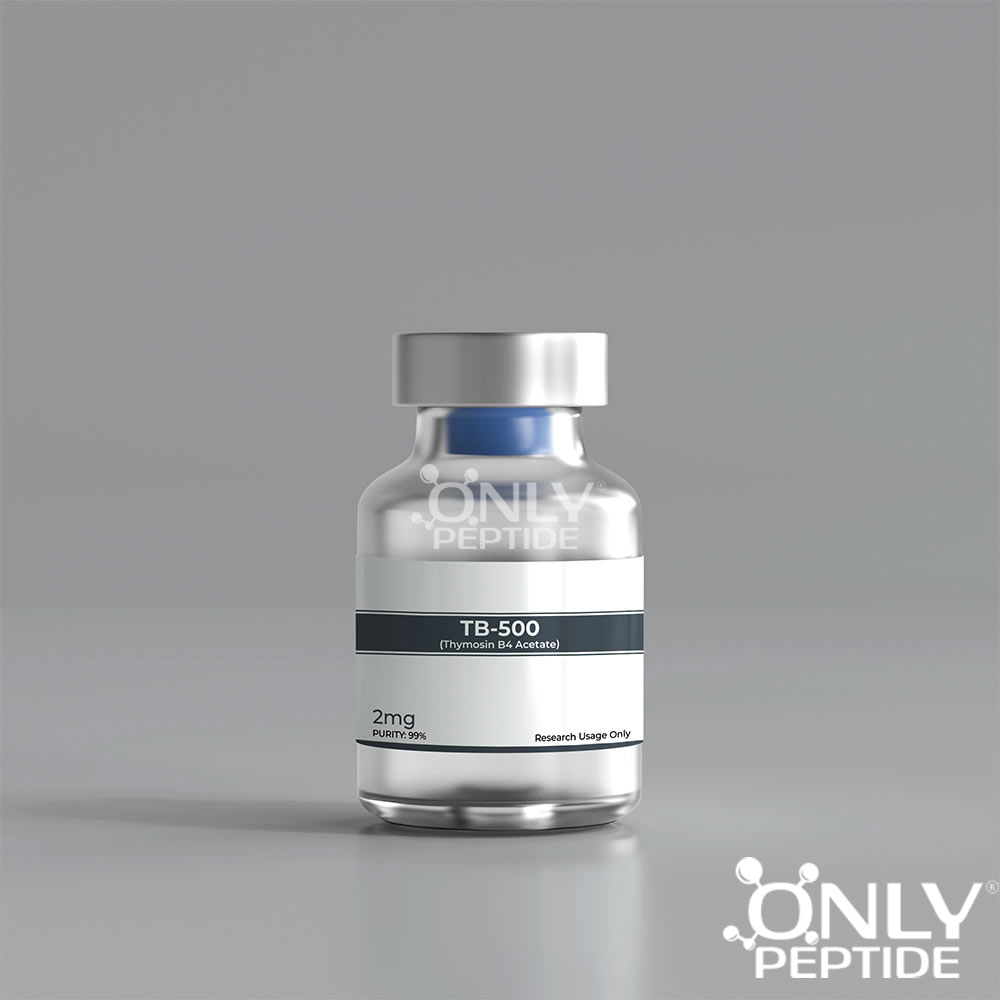
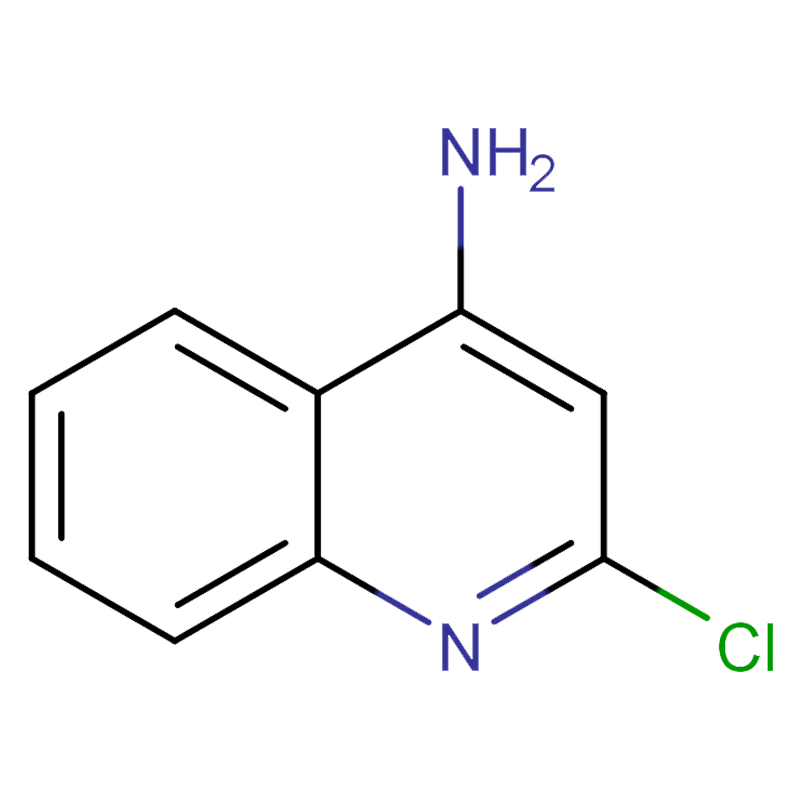
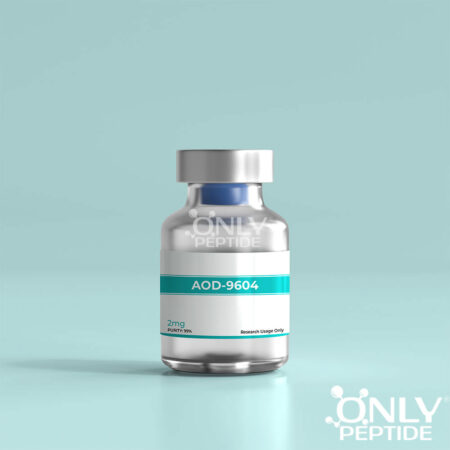
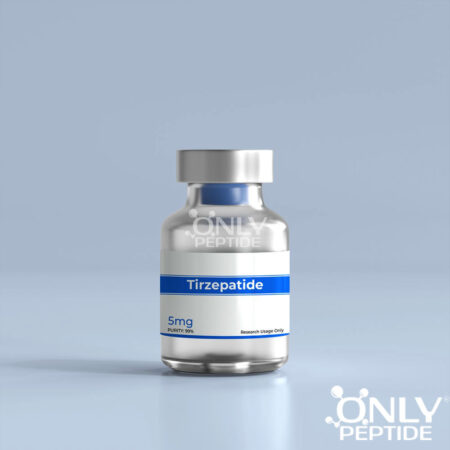
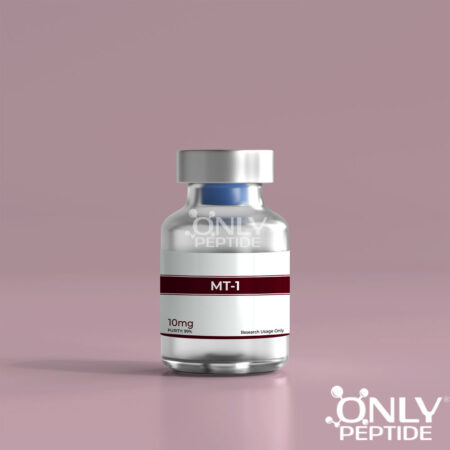
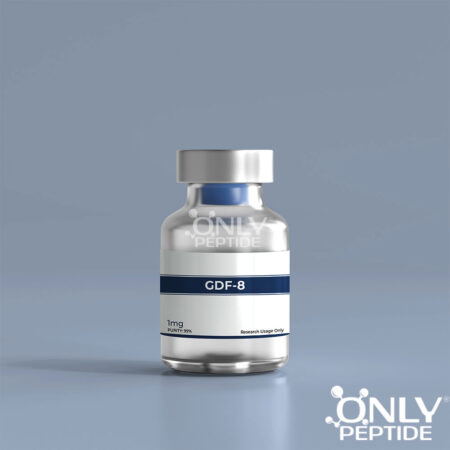

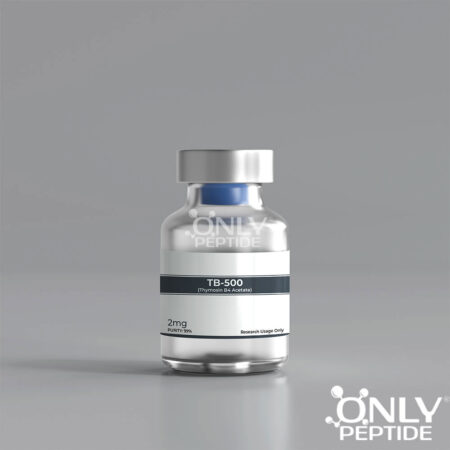
Reviews
There are no reviews yet.